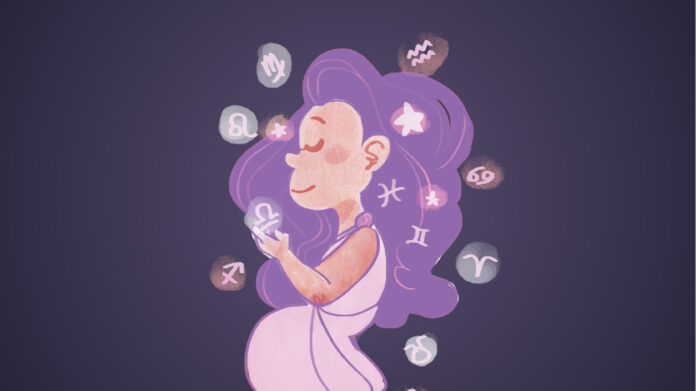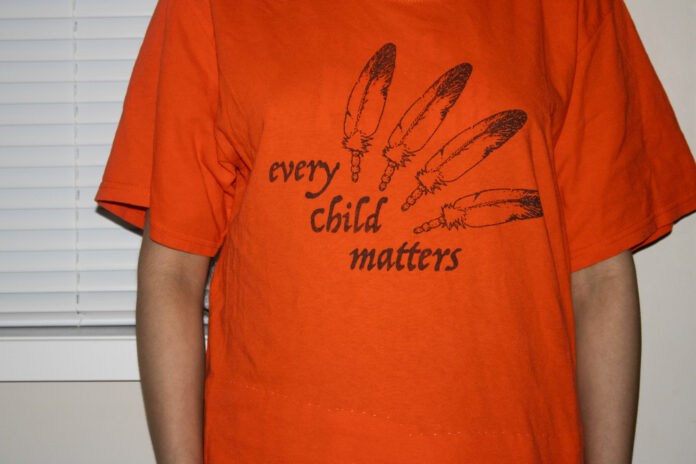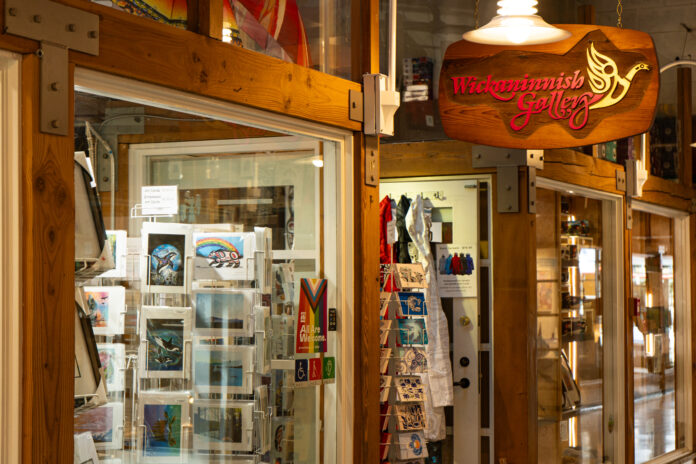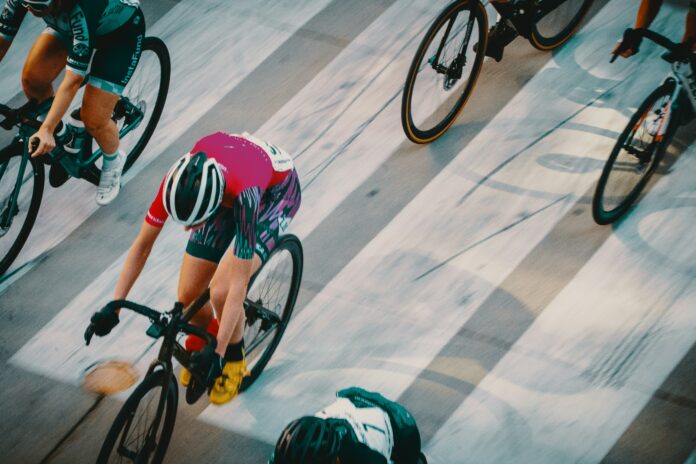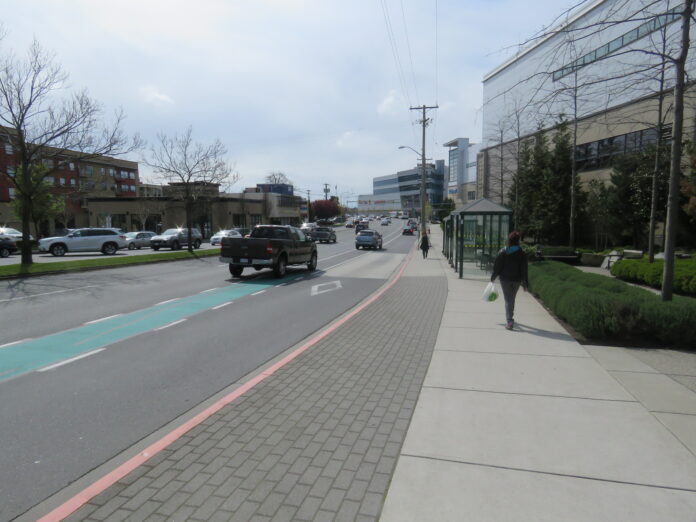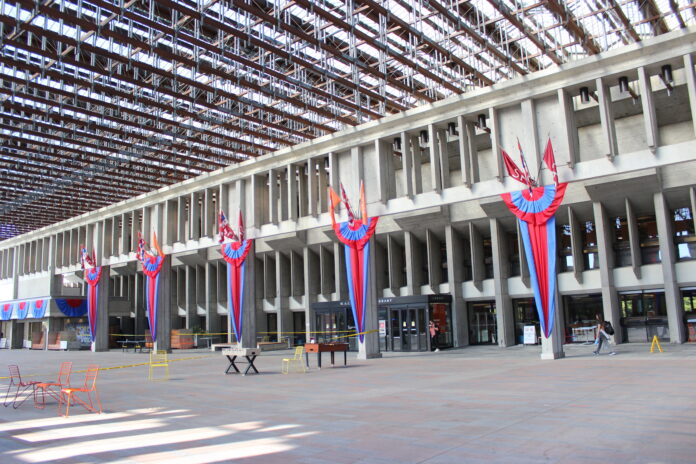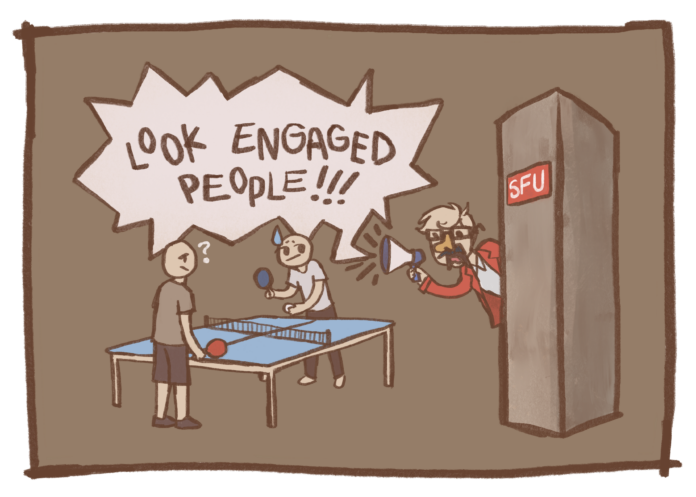By: Cam Darting, Peak Associate
Aries
March 21–April 19
Anything but a G-string
As an Aries, you’re fun, energetic, and the life of the party. At Pride, you’ll be jumping up and down, dancing, and because of this, we need to ensure the goods are intact. So, DON’T WEAR A G-STRING (especially if you have a penis). You do not want that thing flopping out and about like a fish outta water. YIKES!
Taurus
April 20–May 20
You can rock anything
As a Taurus, you are graceful and diligent. The heavens trust that you will exude elegance no matter what you wear. OK, actually, the heavens retract that. Wear anything but a fursuit. This summer is going to be so hot, you don’t want to overheat. No meowing and woofing for you this Pride season.
Gemini
May 21–June 20
Rainbow face paint
This is the perfect chance for you to hide your two-faced personality. You already wear a mask when you talk to people; what’s one more? Make sure to pick the most durable, sweat and water–resistant paint (you’ll need it).
Cancer
June 21–July 22
A bedazzled backpack
You, my friend, are nurturing, caring, and loving. I know you’re gonna wanna pack everything from food to a first-aid kit because you wanna be prepared. This is why you need to wear a bedazzled backpack. It’s cute, it’s gay, and it’ll fit all your essentials — even that pink vibrator of yours ;).
Leo
July 23–August 22
Nothing
This suggestion is not for kids or people who are afraid of public indecency charges. But, for the rest of you Leos, what better way to grab people’s attention than wearing nothing? When I say nothing, I mean NOTHING. Those little pubes of yours have got to go. If it’s not looking like Mr. Clean’s head, you’re doing it wrong.
Virgo
August 23–September 22
A T-shirt that says “love wins”
My favourite prude. As the most conservative of the signs, you get a T-shirt. Boring? Yes. But it’s OK because so is your personality <3
Libra
September 23–October 22
Red lace underwear
The stars suggest adult Libras strut in lace underwear. As our favourite romantics, we know for sure you’ll use your charming personality to bag yourselves a partner for the night. For added drama, you can wait for the late-night Pride parties to begin before you reveal your little red number.
Scorpio
October 23–November 21
Sunglasses
Shade, shade, shadeeeeeeee. As the shadiest sign known to man, you better wear some sunglasses for all the reading you’re about to do this Pride. From the outfits to the people showing up, you’re gonna have an opinion, and it might not be the nicest.
Sagittarius
November 22–December 21
A fan/a>
You betta work, Ms. Sag. As a fun and energetic friend, you will be the life of the parade. You need something as big as your personality to accompany you, hence the fan. CLACK, CLACK, CLACK. That is all the crowd is gonna hear from you, opening that gigantic fan all day.
Capricorn
December 22–January 19
A rainbow flag
Chances are, you’re gonna transit to the parade, and you don’t wanna be covered in body glitter and temporary rainbow tattoos. This is why the heavens have given you a rainbow flag to wave. It’s easy to hold and can be quickly tucked away so you don’t get hate crimed! You can blend in with the queers and blend in with the homophobes. You’ll be like Hannah Montana, living a double life.
Aquarius
January 20–February 18
BODY GLITTER
Sorry, I just got dazzled by how much glitter will be all over your body, Aquarius. It’s perfect for you because you’re prob one of the only signs who can rock this. BTW, when I say body glitter, I mean ONLY body glitter. Aquariuses need to let their nips breathe. NGL, you might get arrested for public indecency, but at least you’ll have Leo to keep you company!
Pisces
February 19–March 20
All rainbow fit
We all have that one friend who’s overly supportive. That’s you, Pisces. Because of this, you’ll want to show how much you love your 2SLGBTQIA+ friends, which is why you’re given all rainbow to wear. Is it a lot? Yes. Is it tacky? Yes. Is it sooooo Pisces? YES.

